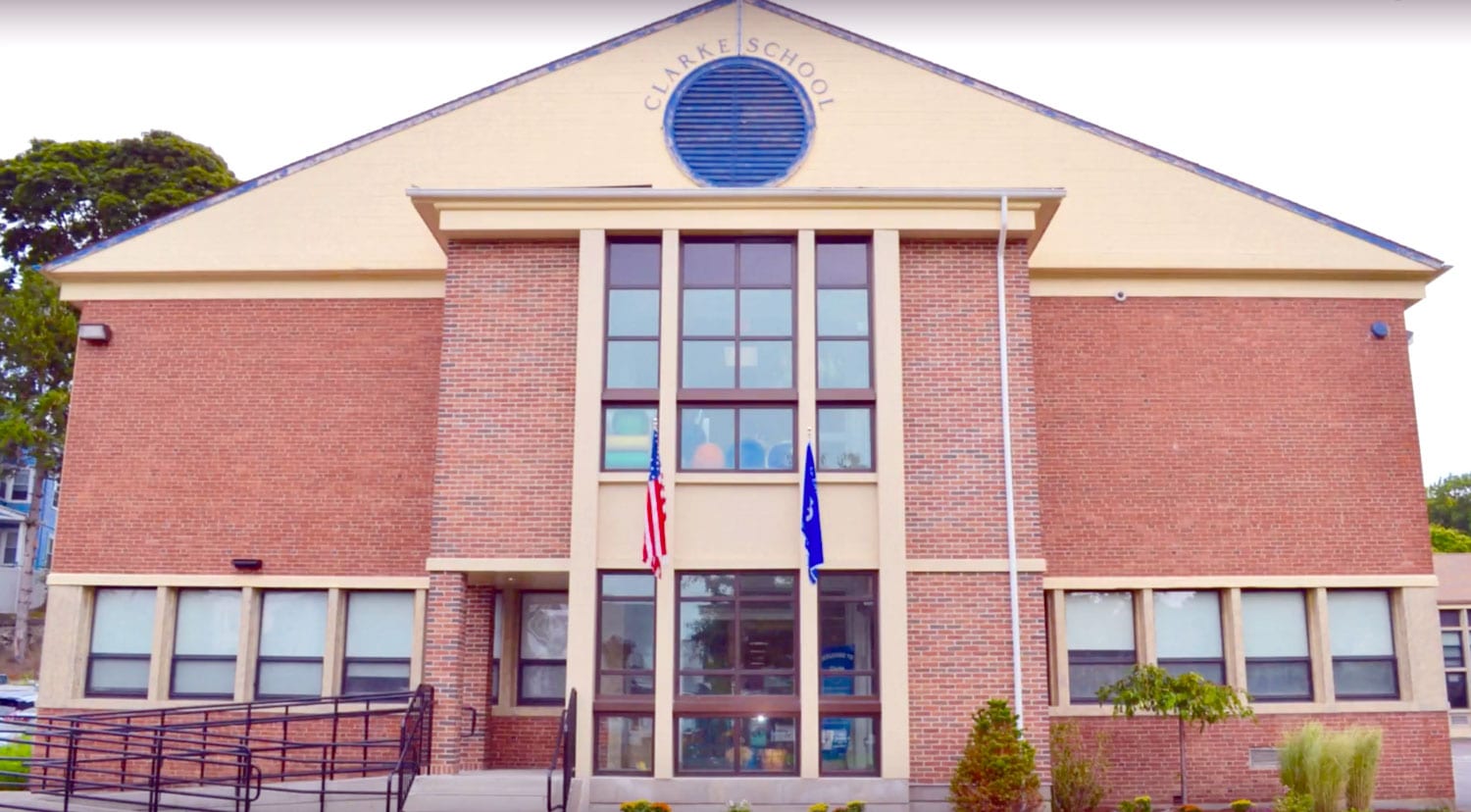SWAMPSCOTT — The town needs a new elementary school and it’s one step closer to getting one.
Last week, the Swampscott School Building Committee selected Hill International, a Philadelphia-based construction consulting firm with offices in Needham, as project manager. They are responsible for guiding the project to completion, according to School Committee Chairwoman Suzanne Wright.
“This is an important hire for the MSBA to make sure we have someone to guide us along,” said Wright. “We didn’t go in there intending to hire, we went in there hard on them because of what happened last time. But they showed us they understood the project. There were a lot of things they demonstrated throughout their proposal process that other competing firms didn’t.”
Hill is same firm Swampscott hired previously with its failed proposal to the Massachusetts School Building Authority (MSBA), the state agency that funds public school projects.
In 2014, Swampscott voters funded a $500,000 feasibility study for a new school and the MSBA approved a grant of up to $17.2 million to build a new Hadley Elementary School. But Town Meeting rejected a $35.7 million Proposition 2 1/2 debt-exclusion override to cover the town’s share of the building costs.
Wright said the School Building Committee will hit the ground running. Given Hill’s previous experience, it will be easier to access information and begin the work once the MSBA’s 11-person review panel approves them, she said.
Vivian Varbedian, the firm’s senior project manager, is expected to devote most of her time to the elementary school building project, Wright said.
“Vivian seems very confident and we think she will be able to lead the project in a way that we all have confidence in,” she said. “We think we have a team with really experienced people.”
As soon as the MSBA approves them, Wright said the firm will help file a request for service for a design team and complete the town’s feasibility study, which will determine the town’s best option and location for a new school. Later, their main job will be to provide the School Building panel with advice about the design, engineering, general contractors and a construction schedule, she said.
“Anything we need we’ll ask them for and they’ll direct us through the process,” said Wright. “They are going to hold our hand and lead us through all at the same time. This group of people is going to be extremely important to us.”
Last year, Town Meeting approved $750,000 to hire Hill and pay for the study. Once the contract is signed and the study is complete, the rest of the cash will be used to pay for the design team and artist renderings to illustrate what the building options would look like, said Wright.
“We need to see the process through and that can take 12 to 18 months,” said Wright. “We need to go through the study and be thorough about sites we are looking at and what is feasible for our town. Through that process we can narrow down multiple options to one that we have the town vote on at the following town meeting.”
The town’s three elementary schools, Clarke, Hadley and Stanley, all have their own challenges, according to a presentation video on the school building committee’s webpage.
Clarke is the only building that is handicapped accessible. The other two are not viable options for anyone with physical challenges. The classroom, cafeteria and gym sizes do not meet state standards, leaving many of them to serve multiple purposes. Given the inadequate classroom sizes, many elementary teachers have their desks in hallways.
The video showed that none of the elementary schools’ entryways are adequately secured or monitored. In addition, the HVAC and plumbing systems need to be fixed so often that it creates significant fiscal challenges.
A more modern, efficient building that has students in the same grade level being educated together are some of the district’s primary goals, said Wright.
The four options include renovating or replacing the Hadley School, building a new K-5 campus which would need an addition later to meet the rising student population, building a new K-4 school, or separately building a new 3-5 school and a K-2 school in the future.
In anticipation of the significant utility costs for a new school, the committee put together a survey asking residents how important energy efficiency is to them. The deadline is Sept. 3.
“Next up is waiting on the MSBA to finalize our timeline and give us the final approval for Hill International, but we don’t anticipate any issues with it,” said Wright. “They told Vivian her proposed timeline was too quick, given the MSBA needs to stagger timelines because of money. They’re going to help us create a timeline that meets both our needs.”

